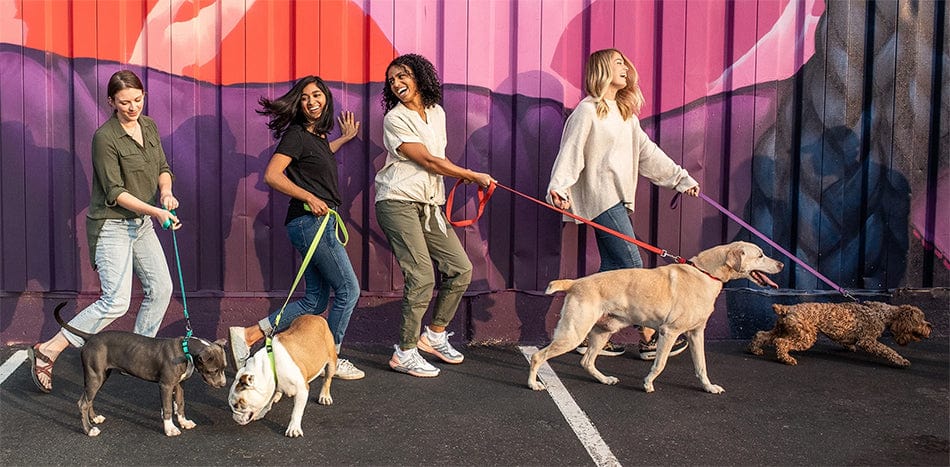This post is written by holistic veterinarian at "I and love and you", Dr. Angie Krause, DVM, CVA, CCRT.
You love your dog and want to do everything you can to help them live a long and happy life. Unfortunately many dogs are diagnosed with cancer. I commonly hear dog parent’s remorse that they didn’t catch the cancer earlier. In this article, I will teach you the warning signs so you can catch your dog’s cancer as early as possible.
-
Lumps and bumps. This is a common way for certain cancers like Mast Cell Tumors (MCT) to start. The good news is that early removal can be curative. If you see a new lump or bump on your dog, say something to your veterinarian. Masses that have changed in size or have appeared suddenly are the most concerning. If your dog has several skin masses and lumps keep a record with measurements. Daily or weekly massage or petting is a great way to assess for new lumps and bumps on your dog.
Your veterinarian can pull out cells from the mass with a needle and look at them under the microscope. This is called a fine needle aspirate (FNA). Alternatively, your veterinarian may recommend removing the mass surgically under anesthesia. This allows a pathologist to look at the tissue under a microscope to identify the type of cancer or benign (noncancerous) growth. It will also indicate if any of the cancer was left behind.
-
Fatigue. If your dog becomes tired over time, it may be a sign of cancer. Many dogs slow down as a result of cancer. Your veterinarian can run lab work and do imaging like chest x-rays and abdominal ultrasound that may detect cancer. Fatigue can be caused by other disorders like hypothyroidism or anemia.
-
Change in behavior. For some dogs, the first sign of cancer is a change in behavior. This is especially true for dogs that have brain tumors. Other behaviors to report to your veterinarian include a change in sleeping habits, loss of appetite, reluctance to go on walks or not being able to walk as far.
-
Weight loss. This may be the only sign of cancer for many dogs. If your dog has sudden or unexplained (no change in diet or exercise routine) weight loss, contact your veterinarian as soon as possible.
If your dog does get diagnosed with cancer, I encourage you to seek out treatment options. Many common types of cancer have effective treatments that provide a great quality of life for your pup.
Sending you and your pup tons of love,
Dr. Angie

